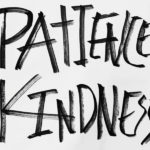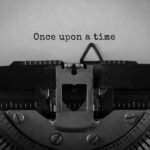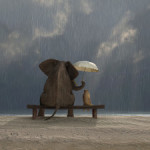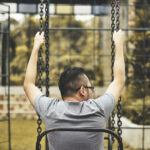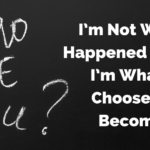Remembering what you didn’t experience & passing it on
No child escapes inheriting positive and negative family legacies. Some stories are openly shared from adult to child, one generation to another. Some are never told because the emotional pain is intolerable and the story becomes taboo. Even though the unmentionable event may remain undefined, later generations nonetheless live with the “fallout” of the hidden legacy. In effect, they “remember” what they didn’t experience—directly or indirectly.
I invite you to examine the ideas of loss that you inherited, especially if you are having difficulty resolving your grief. By investigating what took place ancestrally, you may see a family pattern. If so, is it a pattern you wish to adopt? Further, is it a pattern you wish to pass on to your loved ones?
I was not told of my family’s repeated experiences with untimely death and unresolved grief over spouse and child loss until I was in my late 40s. Subsequently, I came to understand how the unresolved grief had negatively affected the attitudes and life strategies of three generations of women in my family. The point is not to tell a sad story. Rather it’s to make you aware of how unresolved grief is passed on unconsciously and nonverbally via metaphor, tone of voice, and body language.
3 important questions to ask yourself
To help you understand the legacy of loss that you are currently transmitting to others, ask yourself these questions:
- How am I teaching others to view death and cope with emotional injury?
- Am I actively working to resolve my grief, or am I allowing it to manifest as callousness and self-protection?
- What legacy of loss do I want to leave behind? Would a worthy legacy be that, despite the anguish, a person can find the strength to grow in the shadow of loss and live a rich and fulfilling life?

Excerpt from Vicki Panagotacos’s book Gaining Traction: Starting Over after the Death of a Life Partner, due out in March 2014











